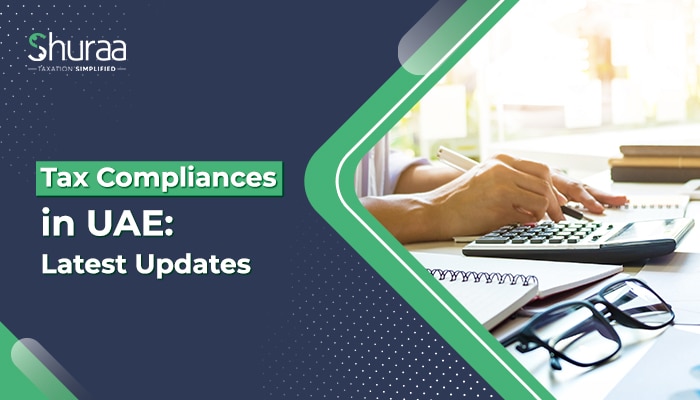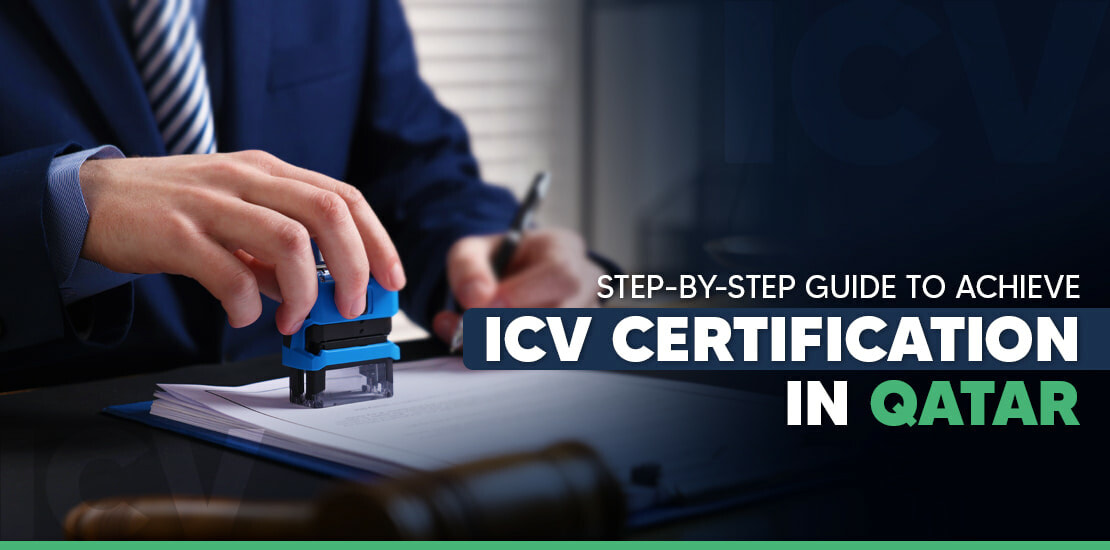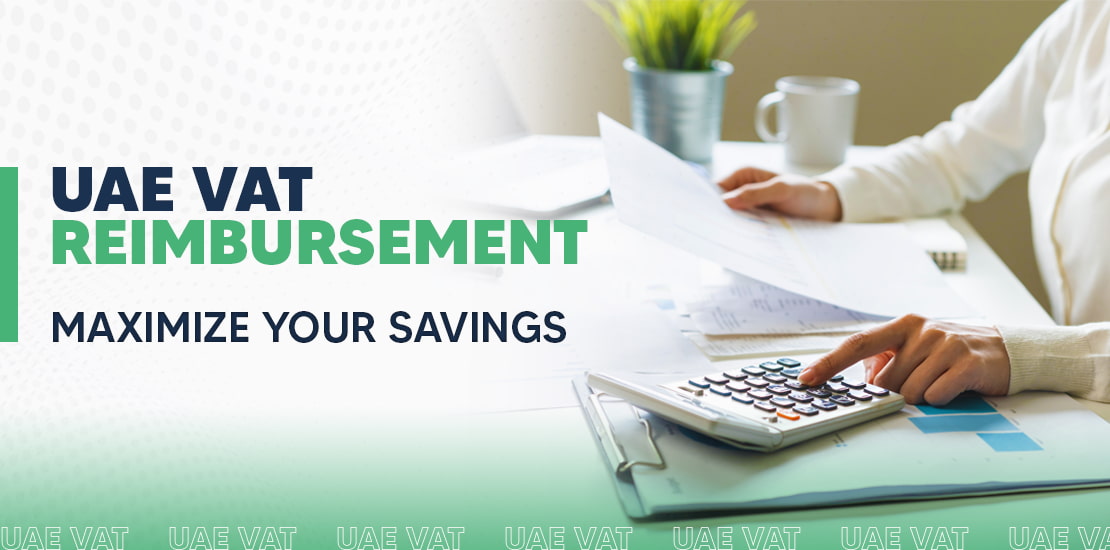The UAE is a business hub, attracting entrepreneurs and business people worldwide. It maintains a highly professional environment, demanding that UAE businesses meet international standards. To ensure that they do so, the UAE has several tax compliances.
Although the UAE does not levy any income tax on individuals, it imposes corporate, excise, and value added tax under certain conditions. This blog will walk you through the tax compliances in the UAE.
Who Regulates the Tax Compliance in the UAE?
The FTA, or the Federal Tax Authority, is responsible for regulating the tax compliances in the UAE. As a government entity, they are responsible for the following activities:
- Managing taxes
- Collecting taxes
- Enforce federal tax laws and associated penalties in co-ordination with Ministry
- Distributing the revenue generated from taxes
- Enforcing procedures related to taxes
In fact, the government also has a whistleblower program called “Raqeeb” to improve compliance with taxes and minimise tax invasions. Anyone can report the irregularities or the non-compliance directly to the FTA, which will verify the details and reward the informants.
What Are the Different Kinds of Taxes Applicable in the UAE?
The UAE has consistently welcomed international investment and built the best business environments anywhere in the globe. Consequently, to keep this up and regulate businesses more efficiently, they have the following taxes in place:
1. Corporate Tax
The Ministry of Finance of the UAE, recently in January 2022, announced its decision to levy federal Corporate Tax (CT) on the businesses’ net profits. Depending on the business’s financial year, the tax will be applicable from financial years starting on or after 1st June 2023
With this, the UAE government aims to reiterate its dedication to avoiding unfair tax practices and fulfilling international norms for tax transparency. Additionally, it seeks to boost its growth and development to solidify its position as the leading hub for business and investments globally.
The corporate tax applies to all businesses and individuals operating with a commercial licence, free zones, and other sectors. Furthermore, some companies, returns, and investments are exempted from the CT regime. Also, the percentage of taxes depends upon your income thresholds. Following is a brief overview of the same:
- Taxable income up to AED 375,000 – 0%
- Taxable income over AED 375,000 – 9%
- Large multinationals meeting specific criteria set in reference to OECD Base Erosion and Profit Shifting Project’s “Pillar Two” – not yet specified
2. Excise Tax
Excise tax is levied on excise goods. These goods harm human health and the environment. The excise tax aims to lessen the use of unhealthy and damaging goods. Simultaneously, it increases government money since consumers will have to pay more. These funds may be used to fund valuable public services.
Goods like carbonated drinks, energy drinks, tobacco, related products, and more fall under this category. Companies dealing in excisable products must comply with the excise tax regulation by following the registration process and paying the excise tax via the established channels. Those who do not comply with the laws will have to face strict penalty measures. The rate of taxes levied differs from good to good. Following is an overview of the same:
- Carbonated Drinks – 50%
- Tobacco products – 100%
- Energy drinks – 100%
- Electronic smoking device – 100%
- Liquids used in the electronic smoking devices and similar devices/tools – 100%
- Products with added sugar or other sweeteners – 50%
3. Value Added Tax
The UAE levies a 5% Value Added Tax (VAT) at the point of sale for the consumption or use of goods and services. The businesses carry out the process of collecting on behalf of the government. It gives the UAE a new revenue stream to fund top-notch public services. Additionally, it will assist the government in realising its goal of lessening reliance on oil and other hydrocarbons.
Businesses whose taxable supplies and income surpass AED 375,000 per annum must register for VAT via a defined registration process. Businesses can also register for VAT voluntarily, where the taxable supplies and expenses surpass the voluntary registration threshold of AED 187,500. Furthermore, these registered businesses must submit a VAT return to the FTA. The tax period for filing VAT returns depends upon the business’s annual turnover. Failure to do within the period makes you liable for fines.
Since the VAT guidelines differ in selected areas, education, business, retailers, and more, it is best to get assistance from experts to stay compliant and avoid hefty penalties.
4. Other Taxes
Tourist facilities like restaurants, hotels, resorts, and more may charge taxes on room rates, service charges, tourism fees, and more. The rates depend on the category or the grade of the hotels.
What Has the UAE Done to Avoid Double Taxation?
The UAE has entered into 137 agreements with other countries to avoid double taxation on overseas investments. The goal is to:
- Avoid indirect, double, and additional taxes
- Avoid tax evasions
- Remove any barriers to international trade and investment flows
- Foster exchange of goods and services
- Boosts free movement of capital
- Diversify the nation’s income portfolio
Become Tax Compliant with Shuraa
The UAE is highly stringent with its tax compliances. All businesses must comply with the tax regulations and register themselves to file returns. Furthermore, the government follows a predefined procedure for penalties for those who don’t comply with the laws. You must pay the fine for filing returns, reports, and registration requests after the deadline, filing the wrong returns, and not complying. Furthermore, in case of indifference, you must follow the procedure and apply for voluntary disclosures. You may also need to submit an objection to the Tax Disputes Resolution Committee (TDRC) under specific conditions.
The experts at Shuraa Tax can help you avoid all these tax-related penalties by helping you understand what you should be doing in the first place, depending upon your business activity, income, and other crucial factors.
For businesses that failed to comply for some reason, we can help you understand the penalties and steer you through the process. We will also assist you in registering for these taxes and other aspects. Reach out to us on info@shuraatax.com or call +971508912062.













